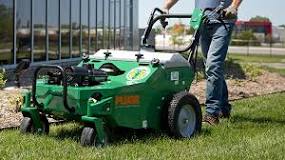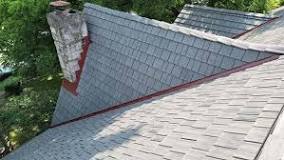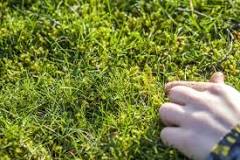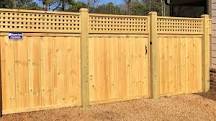Using a pond rake is pretty straightforward, and it’s all about keeping your pond clean and healthy. To use a pond rake effectively, you simply need to drag it through the water to gather up debris like algae, leaves, and muck. This helps maintain the balance of your pond ecosystem and keeps the water looking clear.
Getting Started with Your Pond Rake
Before you dive in, make sure you have the right tools. A good pond rake usually has a long handle and a wide head with sturdy tines. Here’s how to get started:
Choose the Right Time
Timing is everything! Early spring or late fall are ideal for raking since that’s when most debris settles. Plus, the water’s cooler, so you can work without overheating.
Position Yourself
Stand at the edge of the pond, or if it’s shallow enough, wade in. Make sure you’re stable; slipping in muddy areas isn’t fun!
Rake It In
Now comes the fun part! Submerge the rake into the water and pull it towards you. Don’t be shy—give it a good tug! You’ll want to cover different areas to gather as much as possible.
Remove Debris
Once you’ve raked up some gunk, lift the rake out of the water and shake off the debris onto the bank or into a compost pile. If you’ve got a lot of muck, consider using a bucket for easier transport.
Regular Maintenance
Raking isn’t just a one-off task. Regular maintenance is key to keeping your pond in tip-top shape. Aim for at least once a month during peak growth seasons. This will help prevent algae blooms and keep fish happy.
Summary
In short, using a pond rake is all about keeping your pond clean by dragging it through the water to collect debris. It’s simple but super effective! Just remember to do it regularly for the best results.
FAQ
How often should I use my pond rake?
You should aim to use your pond rake at least once a month during growing seasons. This keeps algae and debris under control.
Can I use a regular garden rake instead of a pond rake?
Not really! A regular garden rake isn’t designed for water use and might not be sturdy enough. Plus, it won’t reach those pesky underwater weeds as effectively.
What should I do with the debris I collect?
You can either compost it if it’s organic material or dispose of it properly if it’s not. Just don’t leave it in piles near your pond; that can lead to more muck!
Is there a best time of day to rake my pond?
Early morning or late afternoon is ideal when temperatures are cooler and fish are less active. Plus, you’ll avoid that harsh midday sun!
Will raking disturb fish or other wildlife?
Generally, raking shouldn’t disturb fish too much if done gently. Just be mindful of their habitat and try not to rake too aggressively.







